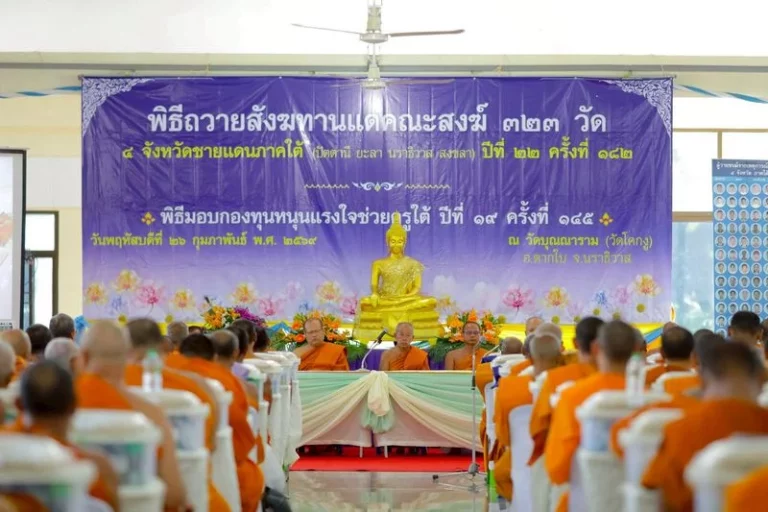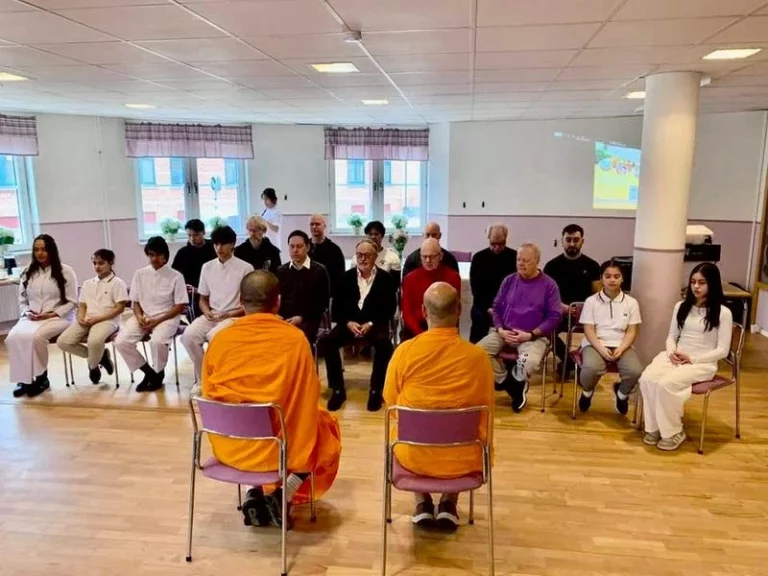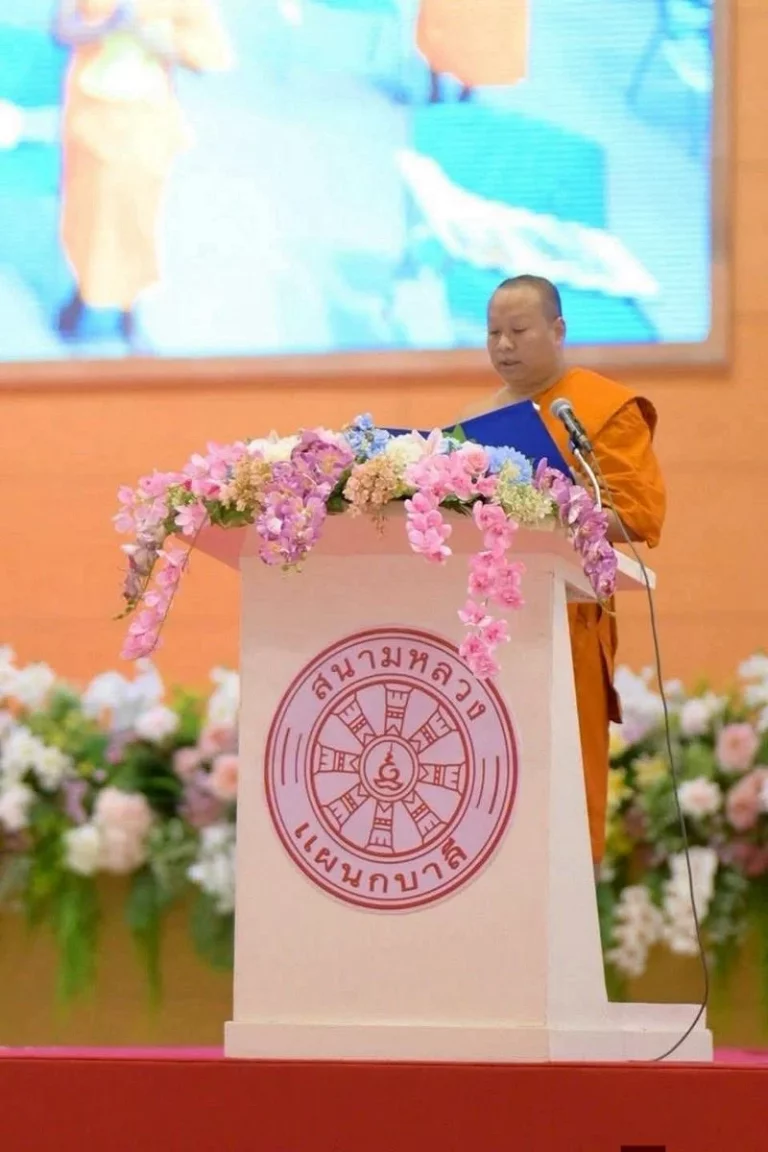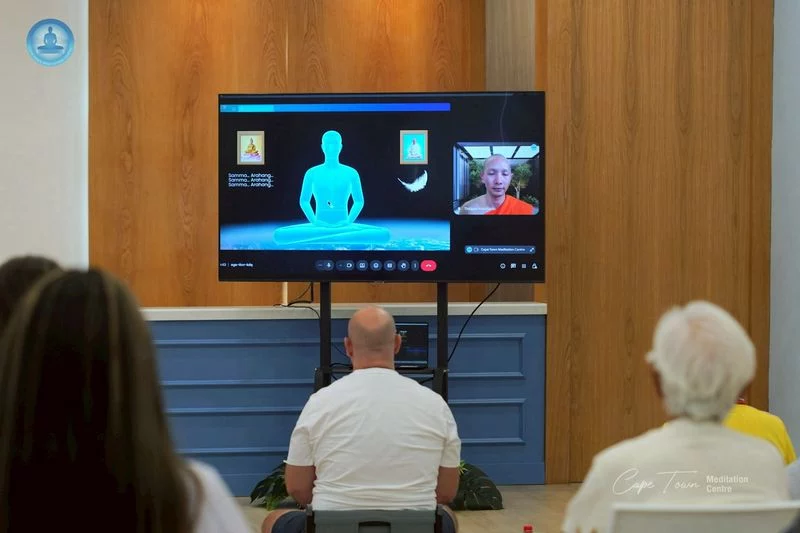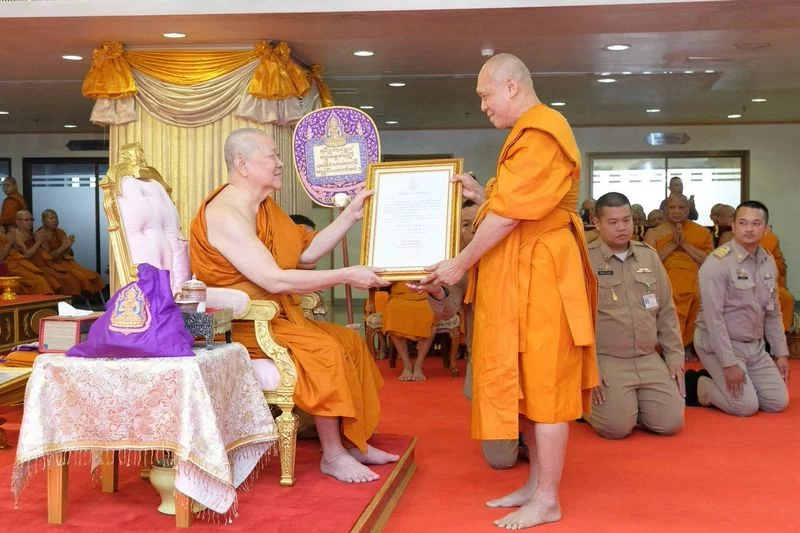A beautiful and pure heart, analogous to a precious gem that others can appreciate through one’s speech and action, is one of the many outstanding characteristics of a sage that develops as a direct result of countless lifetimes accumulating and cultivating virtuous deeds. A sage is a pundit who consistently thinks wholesome thoughts, speaks wise words, and performs good deeds, thus earning adulation and respect of everyone. We should affiliate ourselves with many sages and seek their advice on how to properly lead one’s life.
Sages have always regarded the offering of guidance and kind reminders to someone as being invaluable and as great as telling someone the source of treasures hidden within. These sages are, in essence, offering a person who has floundered or been careless in life an exemplary route to get back on the path of righteousness.
Over 2500 years ago, the Lord Buddha established a precedent pertaining to the practice of informing someone of their character flaws with the intention of helping that person improve. It is a practice that is still performed by Buddhist monks on the last day of Buddhist Lent known as Mahaparavana Day – Day of Resolutions – one of the important days in Buddhism.
Meaning of Mahapavarana Day
Pavarana means allowing and accepting guidance from others and it refers to the occasion where Buddhist monks consent to having their fellow monks offer them guidance and reminders. It is a practice that Buddhist monks are encouraged to perform together as a way to be a kalyanamitra (virtuous friend) to one another, and it is conducted on the last day of Buddhist Lent – the 15th day of the 11th waxing moon, or Wednesday, 8th October 2014. According to the Buddhist decree, during the three months of the rainy season known as Buddhist Lent, Buddhist monks must permanently dwell in the same residence so that they can re-evaluate their monastic code of discipline and practice meditation as a group.
The Monastic Code of Discipline is a set of rules enacted by the Lord Buddha that the Buddhist Sangha Order adheres to as a way to train themselves according to His teachings and guidelines. In addition, venerable monks have a responsibility to be teachers – an exemplary model of moral righteousness, and to be fertile fields of merit for the people of the world.
Men ordain as Buddhist monks because they realize that one’s defilements are the root cause of all dangers and sufferings derived from the endless cycle of rebirths. Therefore, they have aspirations to exterminate all their defilements in accordance to the teachings of the Lord Buddha. Although they understand that the pure and noble path of a monk is long and far, they remain faithful and steadfast in their resolve to cultivate virtues within themselves.
Remaining in the monkhood for the rest of one’s life, it is important and wise to have kalyanamitra (virtuous friends) present to help guide and support us in our effort to eliminate defilements and attain the ultimate goal of Nibbana.
Lord Buddha laid the main principle in making a resolution or Pavarana by having monks ask fellow monks if they’ve seen or heard or question his conduct as deviating from the monastic code of discipline and leading him further away from the goal of Nibbana, and request fellow monks to be a kalyanamitra and kindly advise him so that his conduct can be improved. The monk making the resolutions would listen and accept the advices with patience and gratefulness before wholeheartedly trying to improve himself. These fellow monks are likened to virtuous friends who are pointing the path to hidden treasures for someone who is unaware.
Mahapavarana Day or Day of Resolutions is an effort to realign one’s effort towards the accumulation of evermore wholesome deeds. Generally, most of us have imperfections and sometimes our mind and perception are not as refined; we are similar to a toddler who often stumbles or must crawl when first learning how to walk. However, their parents or guardians are waiting vigilantly nearby to give support and encourage them on. Our path in the pursuit of Perfections also would greatly benefit from having virtuous friends support and motivate us to stand tall and proud.
This practice is a precious and wonderful tradition, but it is not an easy task trying to expand someone’s perspective in order to eliminate their misunderstanding, teach them how to offer forgiveness and let go grudges, and fully understand the well intention of our fellow friends in the Dhamma.
We can appreciate that Pavarana or making resolutions brings benefits to every venerable monk and the Buddhist Sangha Order. Any monk who distinguishes himself in the monkhood by constantly improving and cultivating himself will be a wonderful example for his peers to emulate. When the community of monks conducts themselves virtuously, they will be an outstanding model for the rest of the world.





